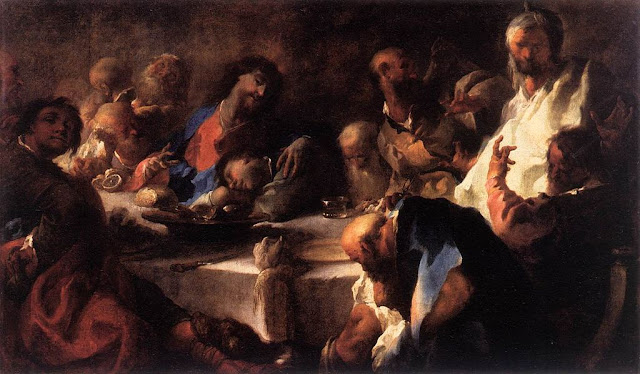The Trinity and Mission (preaching resource for 6/4/23, first Sunday after Pentecost, Trinity Sunday)

This post is adapted from a Surprising God post by Randy Bloom, Chairman of the Board of Directors for both Grace Communion International and Grace Communion Seminary. "Come and See" by Liz Lemon Swindle (used with artist's permission) Introduction At the end of the 28th chapter of the Gospel of Matthew, we are given an important statement from Jesus to his disciples often referred to as The Great Commission : 16 Now the eleven disciples went to Galilee, to the mountain to which Jesus had directed them. 17 And when they saw him they gworshiped him, but some doubted. 18 And Jesus came and said to them, h“All authority in heaven and on earth has been given to me. 19 Go therefore and make disciples of all nations, baptizing them in the name of the Father and of the Son and of the Holy Spirit, 20 teaching them to observe all that I have commanded you. And behold, I am with you always, to the end of the age.” (ESV) Notice here how Jesus connects the mission of the church to ...


